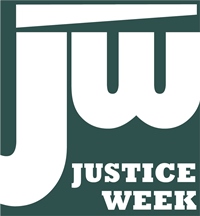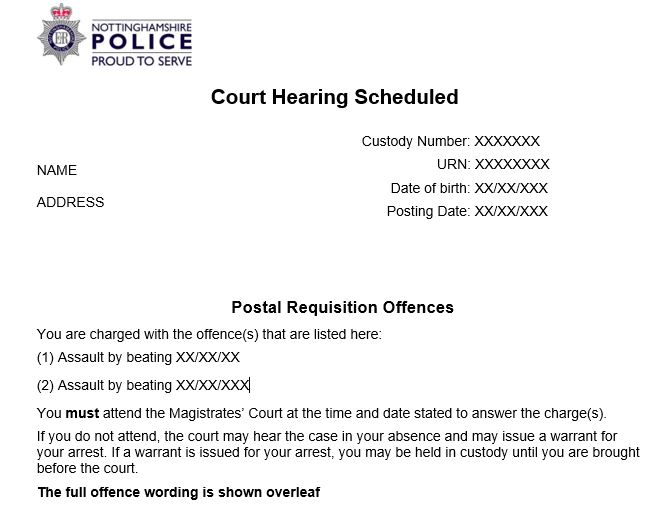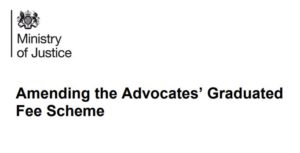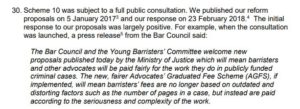All posts by Andrew Wesley/h3>
Fireworks and the Law
As Bonfire Night approaches families will be looking forward to enjoying the displays. These might be in the garden or an organised display. While the night sky is brought alive by the vibrant explosions of noise and colour there remains. lurking in the background, a risk that failing to deal with fireworks safely and responsibly could bring an individual to the attention of the police and the courts. The issue of fireworks and the law can be complex, with regulations changing regularly.
It will be important that retailers who are thinking of supplying fireworks for the first time consider their obligations relating to fireworks and the law. They will need to ensure that they are sufficiently familiar with the complex rules that regulate the sale and possession of fireworks.
Contravention of the rules can result in substantial fines being imposed, or even a prison sentence.
One of our crime and regulatory experts Martin Hadley explains the law.
Classes of firework
There are four general classifications for fireworks:
- Class 1 – Indoor fireworks
- Class 2 – Garden fireworks
- Class 3 – Display fireworks
- Class 4 – Professional fireworks
Certain fireworks are banned entirely, such as mini-rockets, bangers, firecrackers, ‘jumping fireworks’ and air bombs.
There are also fireworks referred to as ‘adult fireworks’, which are subject to a local authority licensing regime.
Importation of Fireworks
It is a criminal offence to import fireworks unless notice of the fact is given to HM Customs and Excise, and details of the importer’s name and address where fireworks will be kept.
Given the sizeable market in illegal and unsafe imported fireworks, it is always wise only to purchase from established, recognised retailers.
Sale of Fireworks
Retailers must display specified signage warning that it is illegal to sell fireworks to those under 18 years. This prohibition extends to sparklers. Retailers should have robust training procedures in place to ensure that store staff know how to recognise under-age purchasers, and challenge as to age in appropriate cases.
There are licensing restrictions on the supply of adult fireworks.
You can only buy fireworks (including sparklers) from registered sellers for private use on these dates:
- 15 October to 10 November
- 26 to 31 December
- 3 days before Diwali and Chinese New Year
At other times you can only buy fireworks from licensed shops.
Possession of Fireworks
It is an offence for a person under 18 years to possess most fireworks in a public place. There are limited exceptions for those employed in the business of firework displays and other relevant occupations.
The possession of category four fireworks is prohibited save for those employed in the business of firework displays and other relevant occupations.
Weight and time limits apply to how much of each type you can store at home before you need to register your storage or apply for a licence.
If you are buying just selection boxes and sparklers from the supermarket, small quantities of fireworks in general or are buying your fireworks a day or two before you let them off, you do not normally need to worry about storage laws as they would not apply.
Night-time Restrictions
With certain exceptions for particular notable days of the year, the use of adult fireworks is not permitted during the hours of 11 pm – 7 am.
Again, there are specific exemptions:
- November 5th – You can let fireworks off until midnight.
- New Year’s Eve – You can let fireworks off until 1am.
- Diwali – You can let fireworks off until 1am.
- Chinese New Year – You can let fireworks off until 1am
Noise Levels
Category 3 fireworks are restricted to a sound impulse sound pressure level of 120 decibels. It is an offence to supply any firework that contravenes this restriction.
Public Order, arson, violent and Other Offences
Fireworks are dangerous incendiary devices and in the wrong hands can cause serious injury to persons, animals and property. Many of these offences carry substantial criminal penalties.
Transporting fireworks
Fireworks are explosives and cannot be sent through the post. This also applies to sparklers. Fireworks can only be shipped using an explosives courier and must be clearly marked as such.
Contact a criminal law specialist
Bonfire Night is a time for fun but can land the unwary in hot water with the police.
A person can be fined up to £5,000 and imprisoned for up to 6 months for selling or using fireworks illegally. You could also get an on-the-spot fine of £90.
Separate offences can be convicted if fireworks are used to cause a nuisance.

We can advise on any aspect of criminal law including fireworks and the law, so if in doubt contact your nearest office to speak to a criminal solicitor. If you are a business under investigation for contravening the relevant regulations then please contact crime and regulatory solicitor Martin Hadley.
Alternatively you can use the contact form below.
Contact

















